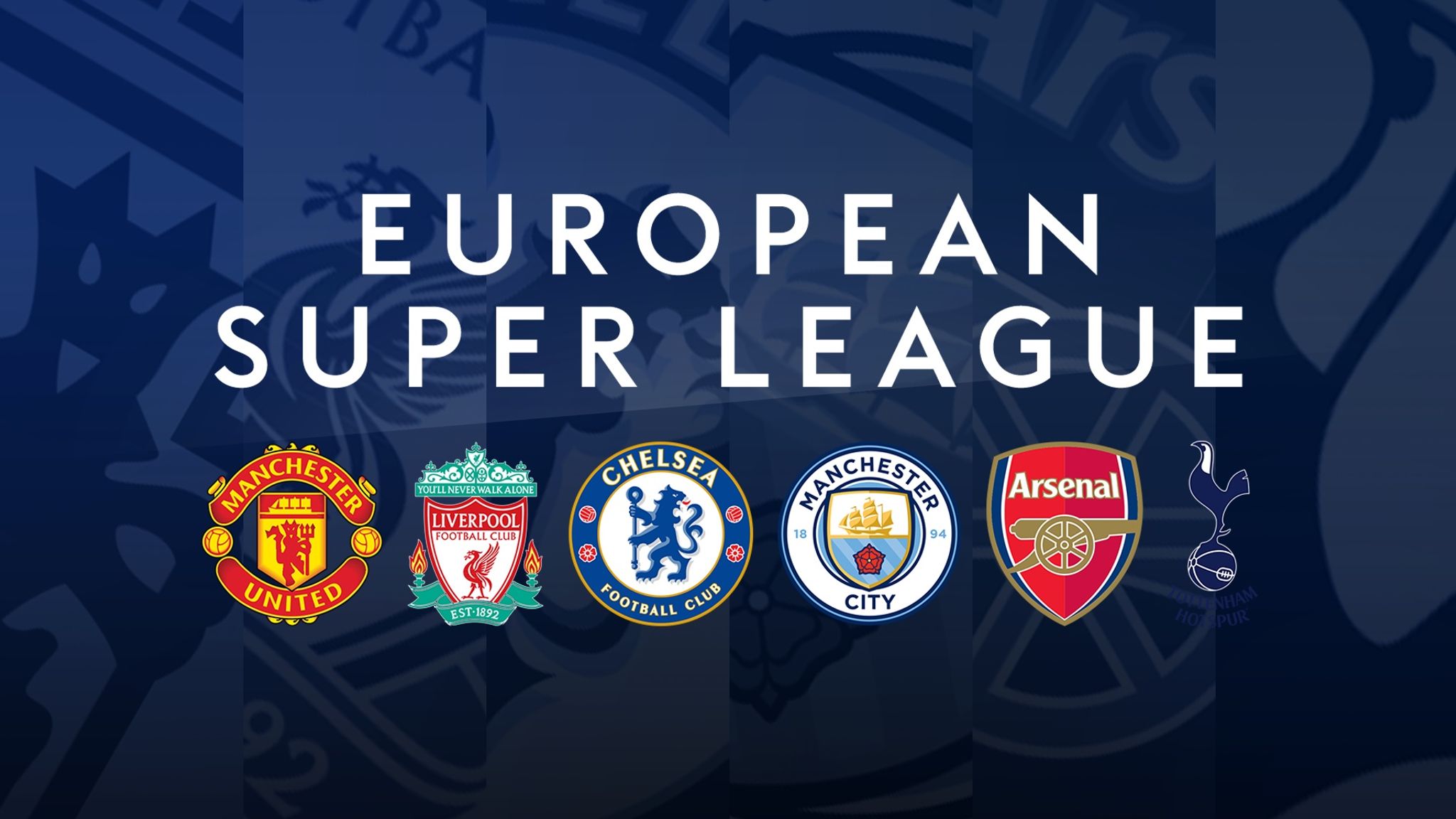
Soccer fans are up in arms about plans announced on 18 April for a Super League involving Europe’s top clubs.
It’s backed by 12: Real Madrid, Atletico Madrid, Barcelona, Juventus, AC Milan, Inter Milan plus the English clubs of Arsenal, Chelsea, Liverpool, Manchester City, Manchester United and Tottenham Hotspurs.
Three others – probably including Bayern Munich and Paris Saint-Germain – are expected to join.
Five further clubs will qualify annually to join the league. Its games are to be played mid-week.
UEFA, which was expected to unveil its own plan for an upgraded European competition on 19 April, denounced the move.
The Premier League said it “attacks the principles of open competition and sporting merit which are at the heart of the domestic and European football pyramid…A European Super League will undermine the appeal of the whole game and have a deeply damaging impact in the immediate and future prospects of the Premier League and its member clubs and all those in football who rely on our funding and solidarity to prosper.”
The London Daily Mail said the new league represents the American takeover of elite European football “which will become a closed shop run by its founder members. It is bankrolled by US banking giant JP Morgan and is the brainchild of Real Madrid president Florentino Perez and the American owners of three leading English clubs (Arsenal, Liverpool and Manchester United).”
UK Prime Minister Boris Johnson and leader of the main opposition Labour Party Keir Starmer condemned the move.
The new league is a revolution in European soccer. But its real significance is that it expresses the growing dominance of intangible capital, the dominant factor in all advanced economies.
Intangible capital is a balance sheet asset with no physical characteristics and consequently can only be valued subjectively. Companies that mainly or wholly depend upon intangible assets must advertise heavily to shape how they are perceived by investors.
Some of this spending has been directed into televised and online sporting events – notably America’s Superbowl and the FIFA World Cup. The average cost of 30 seconds of air time during the Superbowl is now more than $5m. Next year’s World Cup could generate up to $3bn in advertising revenue.
Those behind the Super League hope it will soon achieve similar numbers. This would deliver a huge increase in revenue for Super League clubs to be spent on facilities and top soccer talent.
But this is about more than football. It represents a new triumph for intangible capital, the new master of the global economy.